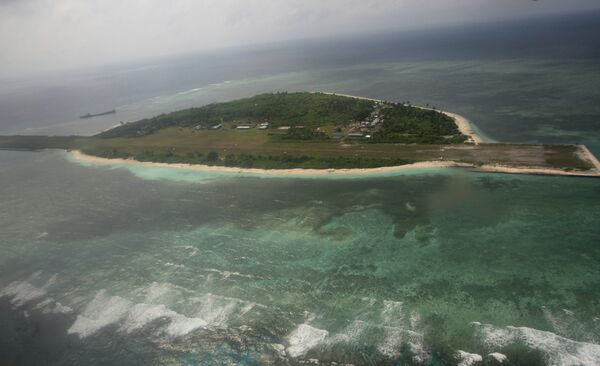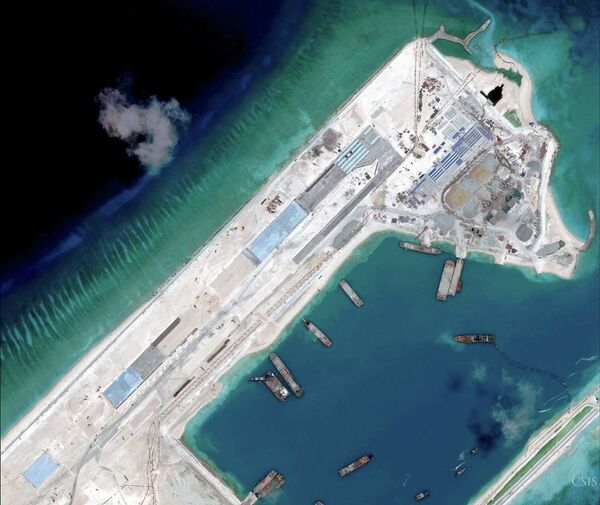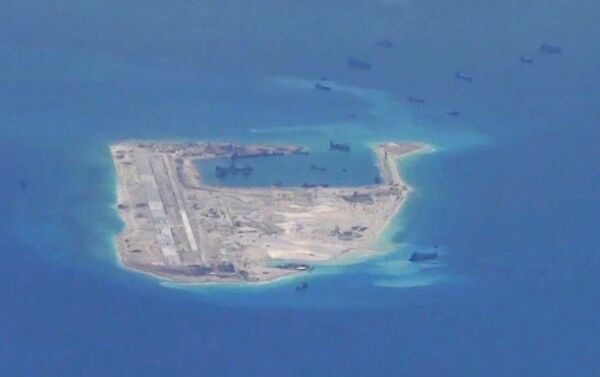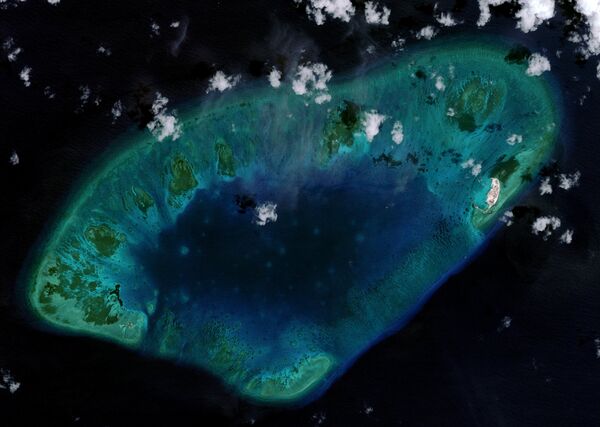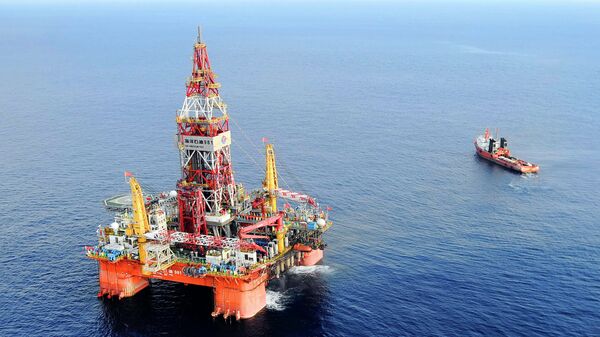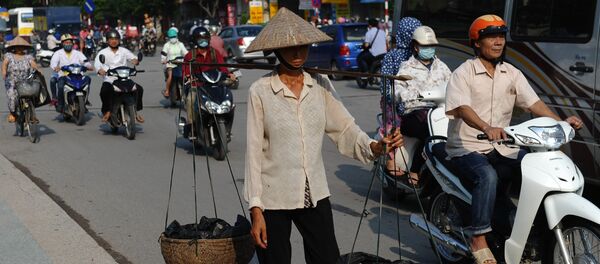The oil exploration rig relocation coincided with an upcoming gathering of the Vietnam congress.
Hanoi seeks to prevent a repeat of the 2014 anti-China march following an oil rig movement in waters claimed by Vietnam that resulted at least at 3 deaths.
"Vietnam asked China not to proceed with drilling activities and withdraw the oil rig out of the area," Binh stated.
On Wednesday, Beijing insisted that the rig was operating in the "undisputed waters of China."
"We hope (the) Vietnamese side can view the matter calmly," stated China's foreign ministry spokesman Hong Lei.
A power transition in Hanoi is expected on Thursday as the quinquennial event will see a struggle between Beijing-favored traditional old guards and liberal reforms promoted by Prime Minister Nguyen Tan Dung.
"China just shot itself in the foot," Vietnam expert Carl Thayer told journalists, stressing that the reappearance of the oil rig would strengthen Dung's efforts to change leadership.
China claims nearly all of the South China Sea. Vietnam, along with Malaysia, Brunei, the Philippines and Taiwan has overlapping claims to territory in those waters. Vietnam acts to restrain Chinese efforts to develop military bases on island chains controlled by Beijing, provoking domestic criticism over government actions and boosting support for Dung.
#SouthChinaSea will remain a volatile region due to the parties' unwillingness to resolve disputes through either negotiation or arbitration
— South China Sea News (@SCS_news) January 15, 2016
Controversial maritime boundaries in the Gulf of Tonkin and repeated military flights by Beijing over the disputed Kagitingan Reef in the Spratly archipelago increase the tension between Hanoi and Beijing.
Earlier in January, Vietnam's Foreign Ministry protested to the Chinese ambassador over test flights in Kagitingan Reef, accusing China of violating Vietnam's sovereignty. Beijing rejected the protest, suggesting the accusation had no cause.
